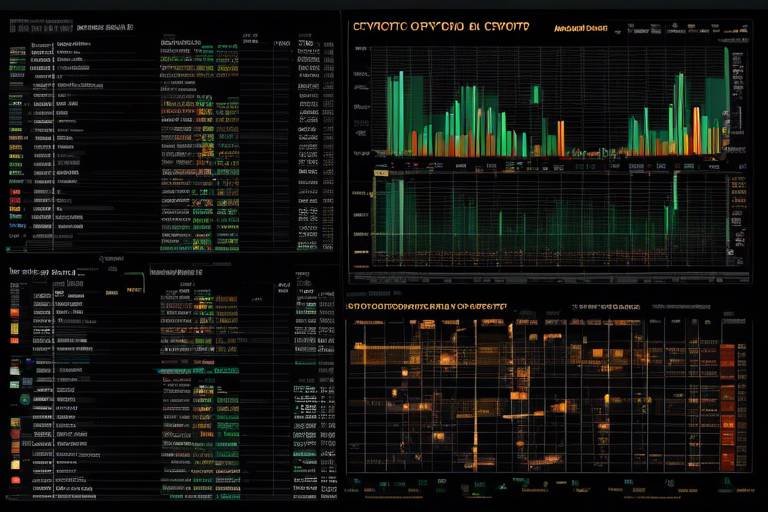Exploring the Use of Blockchain in the Real Estate Market
In recent years, blockchain technology has emerged as a revolutionary force across various industries, and the real estate market is no exception. Imagine a world where buying or selling a property is as simple as clicking a button, devoid of the cumbersome paperwork and lengthy processes that often accompany traditional transactions. This is the promise that blockchain holds. By leveraging its unique characteristics, the real estate industry can enhance transparency, reduce fraud, and streamline transactions, ultimately transforming the way we think about property ownership.
At its core, blockchain is a decentralized digital ledger that records transactions across multiple computers in such a way that the registered transactions cannot be altered retroactively. This technology is built on a foundation of trust, security, and transparency, making it an ideal candidate for addressing some of the most pressing issues in real estate today. For instance, the traditional model often involves multiple intermediaries, including agents, banks, and legal representatives, each adding layers of complexity and cost. With blockchain, the need for these intermediaries can be significantly reduced, leading to a more efficient and straightforward process.
The potential benefits of blockchain in real estate are numerous and profound. By providing a transparent ledger of property transactions, all parties involved can access the same information, reducing disputes and fostering trust among buyers, sellers, and agents alike. Furthermore, the immutable nature of blockchain records ensures that once data is added, it cannot be changed, thereby enhancing the integrity of property ownership information. This feature alone could drastically minimize the risks associated with fraud, a significant concern in the real estate sector.
Moreover, the ability to access real-time data on properties can lead to quicker decision-making. Imagine being able to view the entire history of a property, including previous owners, sales prices, and any liens or legal issues, all at your fingertips. This level of accessibility not only empowers buyers and sellers but also enhances the overall responsiveness of the market.
However, as with any groundbreaking technology, the implementation of blockchain in real estate does not come without its challenges. Regulatory hurdles, technological barriers, and the need for industry-wide collaboration pose significant obstacles to widespread adoption. The regulatory landscape, in particular, can be quite complex, with varying laws and regulations across different jurisdictions that can impact how blockchain is utilized in real estate transactions.
In conclusion, while the journey towards integrating blockchain into the real estate market may be fraught with challenges, the potential rewards are immense. As we continue to explore this innovative technology, it becomes increasingly clear that blockchain could redefine property transactions, making them more transparent, secure, and efficient.
- What is blockchain technology?
Blockchain is a decentralized digital ledger that records transactions across multiple computers, ensuring that the information is secure and cannot be altered retroactively. - How does blockchain enhance transparency in real estate?
Blockchain provides a transparent ledger of property transactions, allowing all parties to access the same information, which reduces disputes and builds trust. - What are the main challenges of implementing blockchain in real estate?
Challenges include regulatory hurdles, technological barriers, and the need for collaboration among industry stakeholders. - Can blockchain reduce fraud in real estate transactions?
Yes, by providing secure and verifiable records that can be easily audited, blockchain minimizes the risk of fraud.

Understanding Blockchain Technology
Blockchain technology is often described as a revolutionary force, but what does it really mean? At its core, blockchain is a decentralized digital ledger that records transactions across many computers in such a way that the registered transactions cannot be altered retroactively. This decentralization is crucial because it means that no single entity has control over the entire chain, reducing the risk of fraud and manipulation. Imagine a public library where every visitor can add a book but no one can remove or alter the existing ones; that’s how blockchain functions—everyone can see the records, but only authorized participants can make additions.
The core components of blockchain technology include:
- Blocks: These are the individual records that contain transaction data.
- Chain: Each block is linked to the previous one, forming a chain of blocks.
- Nodes: These are the computers that participate in the network, verifying and validating transactions.
- Consensus Mechanism: This is the protocol that considers a transaction valid and adds it to the blockchain, ensuring all nodes agree on the current state of the ledger.
To understand how blockchain operates, consider a simple analogy: imagine a group of friends sharing a notebook. Each time one of them writes an entry, the others must agree that it’s accurate before it gets added to the notebook. Once it’s written, it can’t be erased or changed. This shared verification process is what makes blockchain so trustworthy.
The potential applications of blockchain extend beyond just cryptocurrencies like Bitcoin. Industries such as finance, supply chain, and, notably, real estate are beginning to harness its power. In real estate, blockchain can streamline processes, reduce costs, and enhance the security of transactions. For instance, when a property is sold, all relevant data—from ownership history to transaction details—can be recorded on the blockchain. This ensures that every party involved has access to the same information, significantly reducing the chances of disputes and fraud.
As we delve deeper into the benefits of blockchain in real estate, it’s essential to grasp this foundational understanding of the technology. By leveraging its unique properties, the real estate market can become more efficient, transparent, and secure. The journey toward a blockchain-integrated real estate industry is just beginning, and it promises to reshape how we think about property transactions.

Benefits of Blockchain in Real Estate
Blockchain technology is revolutionizing the real estate market in ways that many of us could only dream of just a few years ago. Imagine a world where property transactions are not only faster but also significantly more secure and transparent. This is the promise of blockchain in real estate. By leveraging this innovative technology, we can enhance the overall efficiency of real estate transactions, making it a win-win for buyers, sellers, and agents alike.
One of the most compelling advantages of blockchain is its ability to provide increased transparency. In traditional real estate transactions, the flow of information can often be murky, leading to misunderstandings and disputes. However, blockchain offers a transparent ledger of property transactions that is accessible to all parties involved. This means that buyers, sellers, and agents can all view the same information, which significantly reduces the chances of disputes arising over property ownership and transaction details.
Furthermore, the concept of immutable records plays a crucial role in enhancing the integrity of property ownership information. Once a transaction is recorded on the blockchain, it cannot be altered or deleted. This immutability ensures that once data is added, it remains a permanent part of the ledger, providing an unchangeable history of ownership that can be verified by anyone. Imagine trying to forge a document that is locked in a vault where everyone has the key; that’s the level of security blockchain provides!
Another significant benefit of adopting blockchain in real estate is the potential for reduced transaction costs. Traditional real estate transactions often involve multiple intermediaries, each taking a cut of the deal. With blockchain, many of these intermediaries can be eliminated, streamlining the process and saving both time and money. For instance, smart contracts—self-executing contracts with the terms of the agreement directly written into code—can automate various aspects of the transaction process, further reducing costs and accelerating the closing timeline.
The ability to access property data in real-time is another game-changer. In the fast-paced world of real estate, timing can be everything. Blockchain technology allows buyers, sellers, and agents to access property information instantly, facilitating quicker decision-making. This real-time access can improve overall market responsiveness, enabling stakeholders to act swiftly in a competitive environment. Think of it as having a GPS in a race; the quicker you can respond to changes, the better your chances of success.
Last but not least, the improved security that blockchain brings to real estate transactions cannot be overstated. With cyber threats on the rise, ensuring the safety of sensitive information is paramount. Blockchain employs advanced cryptographic techniques to secure data, making it incredibly difficult for unauthorized parties to tamper with transaction records. This level of security builds trust among stakeholders, as they can be confident that their transactions are protected from fraud and manipulation.
In summary, the benefits of blockchain technology in the real estate market are profound and far-reaching. From enhancing transparency and reducing transaction costs to providing immutable records and real-time access to data, blockchain is paving the way for a more efficient and secure real estate landscape. As we continue to explore and implement this technology, the future of real estate transactions looks brighter than ever.
- What is blockchain technology? - Blockchain is a decentralized digital ledger that records transactions across many computers securely and transparently.
- How does blockchain improve transparency in real estate? - By providing a shared, immutable ledger of transactions that all parties can access, reducing disputes and building trust.
- Can blockchain reduce transaction costs? - Yes, by eliminating intermediaries and automating processes through smart contracts, costs can be significantly lowered.
- Is blockchain secure? - Yes, blockchain uses advanced cryptographic techniques to secure data and prevent unauthorized access or tampering.
- What are the challenges of implementing blockchain in real estate? - Regulatory hurdles, technological barriers, and the need for industry-wide collaboration are some of the challenges faced.

Enhanced Transparency
When it comes to real estate, transparency is not just a buzzword; it's a necessity. Imagine walking into a property transaction where every detail is laid out in the open, free from hidden agendas or shady dealings. Blockchain technology makes this dream a reality by providing a transparent ledger of property transactions. This means that every buyer, seller, and agent has access to the same information at the same time. No more second-guessing or relying on potentially biased sources; everyone involved can see the same data, which significantly reduces disputes and fosters trust among stakeholders.
One of the most compelling features of blockchain is its ability to create an immutable record of transactions. Think of it as a digital notary that never forgets. Once data is added to the blockchain, it cannot be altered or deleted. This is crucial in the realm of real estate, where ownership and transaction history can be muddled with misinformation or fraud. The integrity of property ownership information is paramount, and blockchain ensures that what you see is what you get. This immutability acts as a safeguard against fraudulent claims and provides a clear chain of ownership that can be traced back through time.
Moreover, blockchain facilitates real-time access to property data, which is a game-changer. Imagine a scenario where a buyer is interested in a property. Instead of waiting for days or even weeks to gather documentation, they can instantly access all relevant information on the blockchain. This immediacy not only speeds up the decision-making process but also empowers all parties involved to act swiftly and confidently. The quicker the information flows, the more responsive the market becomes, ultimately benefiting everyone from buyers to sellers to agents.
In summary, the enhanced transparency offered by blockchain technology is revolutionizing the real estate market. By providing a transparent ledger, ensuring immutable records, and enabling real-time access to data, blockchain not only builds trust among stakeholders but also paves the way for a more efficient and reliable real estate ecosystem. As we continue to navigate through the complexities of property transactions, embracing this technology could very well be the key to unlocking a more transparent future in real estate.

Immutable Records
When we talk about in the realm of blockchain technology, we are diving into one of the most groundbreaking features that this technology offers, particularly in the real estate sector. Imagine a world where once a property transaction is recorded, it becomes an unchangeable part of a digital ledger. This is not just a fantasy; it is the reality that blockchain brings to the table. The essence of immutability means that once data is entered into the blockchain, it cannot be altered or deleted. This characteristic is crucial for maintaining the integrity of property ownership records.
Why does this matter? Well, consider the traditional real estate process where documents can be lost, forged, or tampered with. With blockchain, each transaction is time-stamped and linked to the previous one, creating a chain of records that is not only secure but also transparent. This means that every buyer, seller, and agent can view the entire history of a property at any time, which significantly reduces the chances of disputes arising from misinformation or fraudulent claims.
Furthermore, the immutability of records on the blockchain fosters a sense of trust among all parties involved. For instance, if you are a buyer looking to purchase a property, you can confidently verify the ownership history without the fear of encountering hidden liens or claims. The transparency provided by immutable records ensures that everyone is on the same page, which is a breath of fresh air in an industry often plagued by mistrust.
To illustrate the impact of immutable records, consider the following table that highlights the advantages of using blockchain for property transactions compared to traditional methods:
| Feature | Traditional Method | Blockchain Method |
|---|---|---|
| Record Integrity | Prone to tampering | Immutable and secure |
| Access to Information | Limited and fragmented | Real-time and transparent |
| Dispute Resolution | Lengthy and costly | Quick and efficient |
In summary, the introduction of immutable records through blockchain technology is revolutionizing the real estate market. By ensuring that all property transactions are permanent and verifiable, we are not only enhancing the security of these transactions but also paving the way for a more efficient and trustworthy real estate ecosystem. The potential for reducing fraud and disputes is immense, making blockchain a game-changer for anyone involved in real estate.
- What are immutable records? Immutable records are data entries in a blockchain that cannot be altered or deleted once they are added.
- How do immutable records enhance trust in real estate? They provide a transparent and verifiable history of property ownership, reducing the chances of disputes.
- Can immutable records be hacked? While no system is entirely foolproof, the decentralized nature of blockchain makes it extremely difficult to alter records without detection.
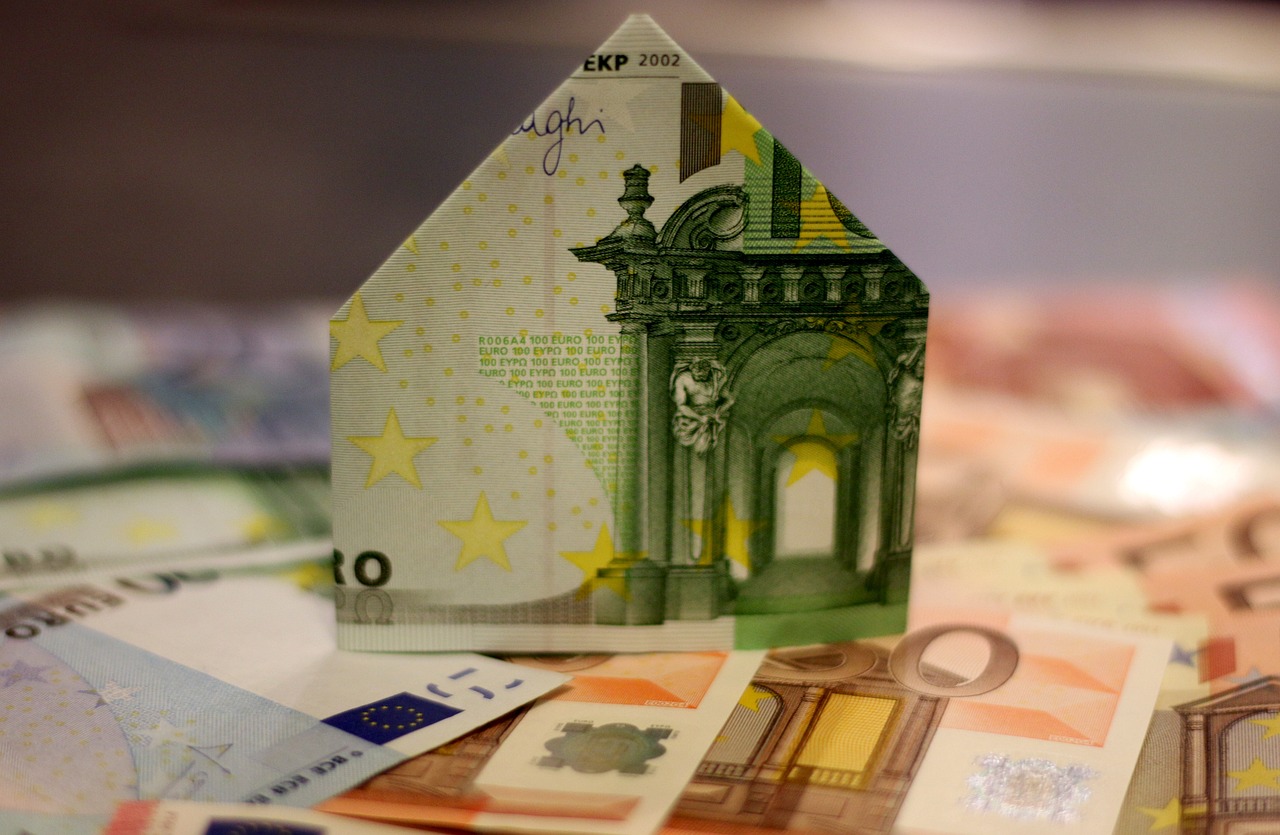
Real-Time Access
Imagine a world where buying or selling property is as easy as sending a text message. Sounds futuristic, right? Well, thanks to blockchain technology, that future is becoming a reality! One of the most significant advantages of blockchain in the real estate market is its ability to provide to property data for all stakeholders involved. This means that buyers, sellers, agents, and even financial institutions can access the same up-to-date information at the same time, eliminating the traditional delays that often accompany real estate transactions.
With blockchain, the days of waiting for a title deed to be processed or for a property record to be updated are over. As soon as a transaction occurs, the details are recorded on the blockchain, and everyone involved can see it instantly. This real-time transparency not only speeds up the decision-making process but also enhances the overall responsiveness of the market. For instance, if a buyer sees a property they like, they can quickly verify its ownership status, check for any liens, and even assess its market value without having to wait for a lengthy title search.
Moreover, this immediate access to information can lead to more informed decisions. When buyers have the ability to view comprehensive property histories—including previous ownership, sale prices, and even maintenance records—they can make smarter choices about their investments. This level of insight helps to build confidence in transactions and fosters a more dynamic real estate market.
To illustrate the impact of real-time access, consider the following table that compares traditional property transactions with blockchain-enabled transactions:
| Aspect | Traditional Transactions | Blockchain Transactions |
|---|---|---|
| Access to Information | Delayed; often requires multiple parties | Instant; all parties have access simultaneously |
| Transaction Speed | Can take weeks or months | Can be completed in days or even hours |
| Transparency | Limited; often leads to disputes | High; all data is visible and verifiable |
| Trust | Relies on intermediaries | Built through shared, immutable records |
In conclusion, the ability to access real-time data through blockchain technology is revolutionizing the real estate sector. It not only streamlines transactions but also builds a foundation of trust among all parties involved. As we continue to embrace these innovations, the future of real estate transactions looks brighter, faster, and more efficient than ever before!
- What is blockchain technology? Blockchain is a decentralized digital ledger that records transactions across multiple computers securely and transparently.
- How does blockchain enhance transparency in real estate? By providing a public ledger where all transactions are recorded and accessible, blockchain minimizes disputes and builds trust.
- Can blockchain reduce fraud in real estate? Yes, blockchain's secure and verifiable records make it extremely difficult for fraudulent activities to occur.
- What are the challenges of implementing blockchain in real estate? Regulatory hurdles, technological barriers, and the need for industry-wide collaboration are some of the main challenges.

Fraud Reduction
The real estate market has long been plagued by issues of fraud, with unscrupulous individuals finding ways to manipulate transactions and mislead buyers and sellers alike. However, the advent of blockchain technology is turning the tide in favor of transparency and security. By leveraging the unique properties of blockchain, we can create a more trustworthy environment for all parties involved in real estate transactions. But how exactly does blockchain help in reducing fraud? Let’s dive deeper into this transformative technology.
At its core, blockchain operates as a decentralized digital ledger, meaning that no single entity has control over the entire database. This decentralization is crucial because it minimizes the risk of tampering or manipulation of data. Each transaction is recorded in a block and linked to the previous block, creating a chain of records that is visible to all authorized parties. This transparency ensures that every transaction can be traced back to its origin, making it incredibly difficult for fraudsters to alter or hide information.
One of the standout features of blockchain is its ability to provide secure, verifiable records. Every transaction is encrypted and time-stamped, creating an immutable record that cannot be changed. This means that once a transaction is confirmed on the blockchain, it becomes a permanent part of the ledger. For example, if a property is sold, the details of that transaction—including the buyer, seller, and sale price—are permanently stored. This not only protects the integrity of property ownership but also ensures that all parties can access the same information, reducing the chances of disputes arising from misinformation.
Moreover, the ability to conduct smart contracts on the blockchain adds another layer of security. Smart contracts are self-executing contracts with the terms of the agreement directly written into code. They automatically enforce and execute the terms when conditions are met, eliminating the need for intermediaries who might introduce opportunities for fraud. For instance, a smart contract could automatically transfer ownership of a property once payment is confirmed, ensuring that all parties fulfill their obligations without the risk of deceit.
Additionally, the auditability of blockchain transactions cannot be overstated. Since every transaction is recorded on a public ledger, it can be easily audited by any authorized party. This audit trail not only deters fraudulent activities but also provides a clear record for law enforcement agencies in the event of suspicious activities. The ease of auditing means that any discrepancies can be quickly identified and rectified, further enhancing the security of the real estate market.
In conclusion, the integration of blockchain technology into the real estate sector presents a formidable solution to the persistent problem of fraud. With its decentralized nature, immutable records, and the introduction of smart contracts, blockchain fosters a secure environment where transactions can be conducted with confidence. As the industry continues to evolve, embracing these technological advancements will be crucial in creating a trustworthy and efficient real estate market.
- What is blockchain technology?
Blockchain technology is a decentralized digital ledger that records transactions across multiple computers, ensuring that the recorded data is secure, transparent, and immutable. - How does blockchain reduce fraud in real estate?
Blockchain reduces fraud by providing a transparent and immutable record of transactions, making it difficult for fraudsters to alter information and allowing for easy auditing of records. - What are smart contracts?
Smart contracts are self-executing contracts with the terms directly written into code, which automatically enforce and execute the terms when conditions are met, reducing the risk of fraud. - Can blockchain be audited?
Yes, blockchain transactions are easily auditable due to their public nature, allowing authorized parties to verify and trace transactions effectively.
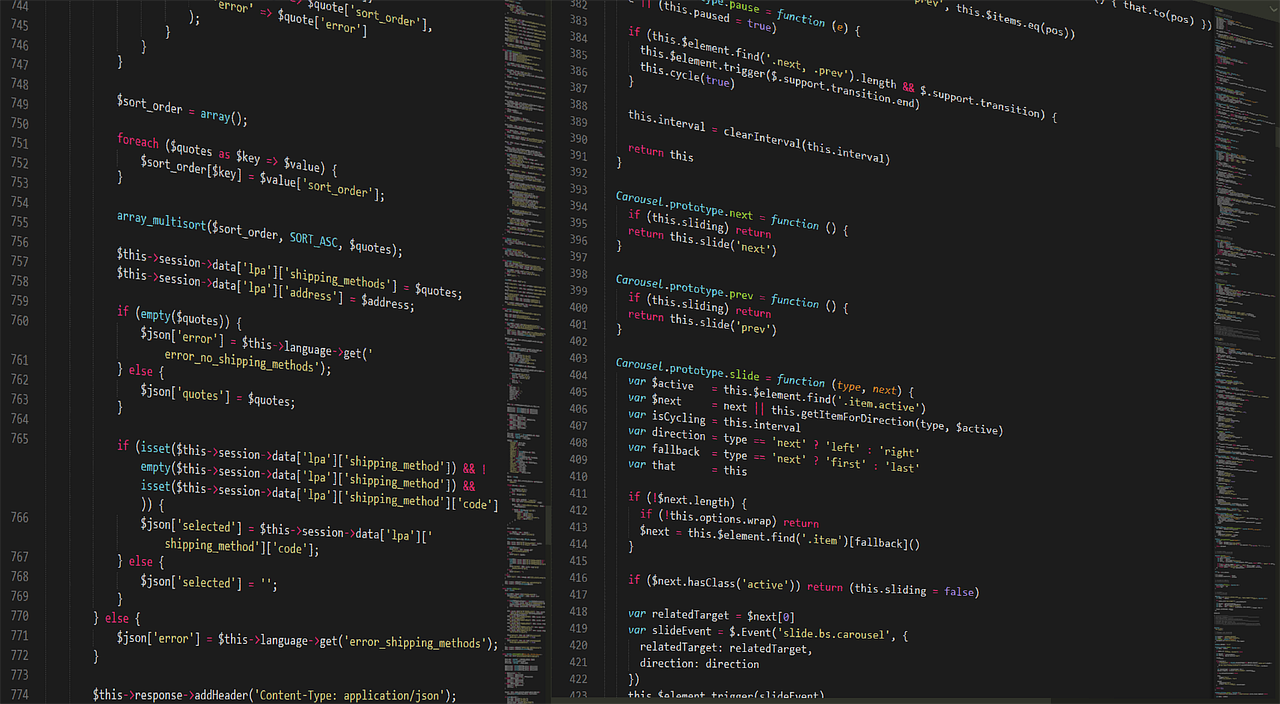
Challenges of Implementing Blockchain
While the potential of blockchain technology in the real estate market is immense, it’s not without its challenges. Implementing this innovative solution is akin to navigating a labyrinth; it requires careful planning, collaboration, and a willingness to adapt. One of the primary hurdles is the regulatory landscape. Different jurisdictions have varying laws and regulations regarding property transactions, and this inconsistency can create confusion and uncertainty for stakeholders. For instance, what may be acceptable in one state could be completely off-limits in another, leading to a patchwork of compliance issues that can stymie adoption.
Moreover, there are technological barriers that need to be addressed. The real estate industry is traditionally slow to adopt new technologies, and many players may lack the necessary expertise to implement blockchain solutions effectively. For instance, scalability can be a significant concern. As more transactions are added to the blockchain, the system must be able to handle increased loads without compromising performance. Additionally, cybersecurity is paramount; protecting sensitive data from breaches is a challenge that cannot be overlooked. A single vulnerability could undermine the entire trust that blockchain aims to establish.
Furthermore, the need for industry-wide collaboration cannot be overstated. For blockchain to be truly effective in real estate, all stakeholders—agents, buyers, sellers, and regulatory bodies—must be on the same page. This means developing standardized practices and protocols that everyone can agree upon. Without this collective effort, the benefits of blockchain may remain just out of reach, like a mirage in the desert.
In conclusion, while the challenges of implementing blockchain in the real estate market are substantial, they are not insurmountable. By addressing regulatory hurdles, overcoming technological barriers, and fostering collaboration among industry players, the path toward a more efficient, transparent, and secure real estate market can be paved. The journey may be complex, but the destination promises to be worth the effort.
- What is blockchain technology?
Blockchain is a decentralized digital ledger that records transactions across multiple computers, ensuring that the information is secure, transparent, and immutable.
- How does blockchain enhance transparency in real estate?
Blockchain provides a transparent ledger of property transactions, allowing all parties to access the same information, which reduces disputes and builds trust.
- What are the main challenges of implementing blockchain in real estate?
The main challenges include regulatory hurdles, technological barriers, and the need for industry-wide collaboration to standardize practices.
- Can blockchain reduce fraud in real estate transactions?
Yes, blockchain minimizes fraud by providing secure, verifiable records that can be easily audited by all involved parties.
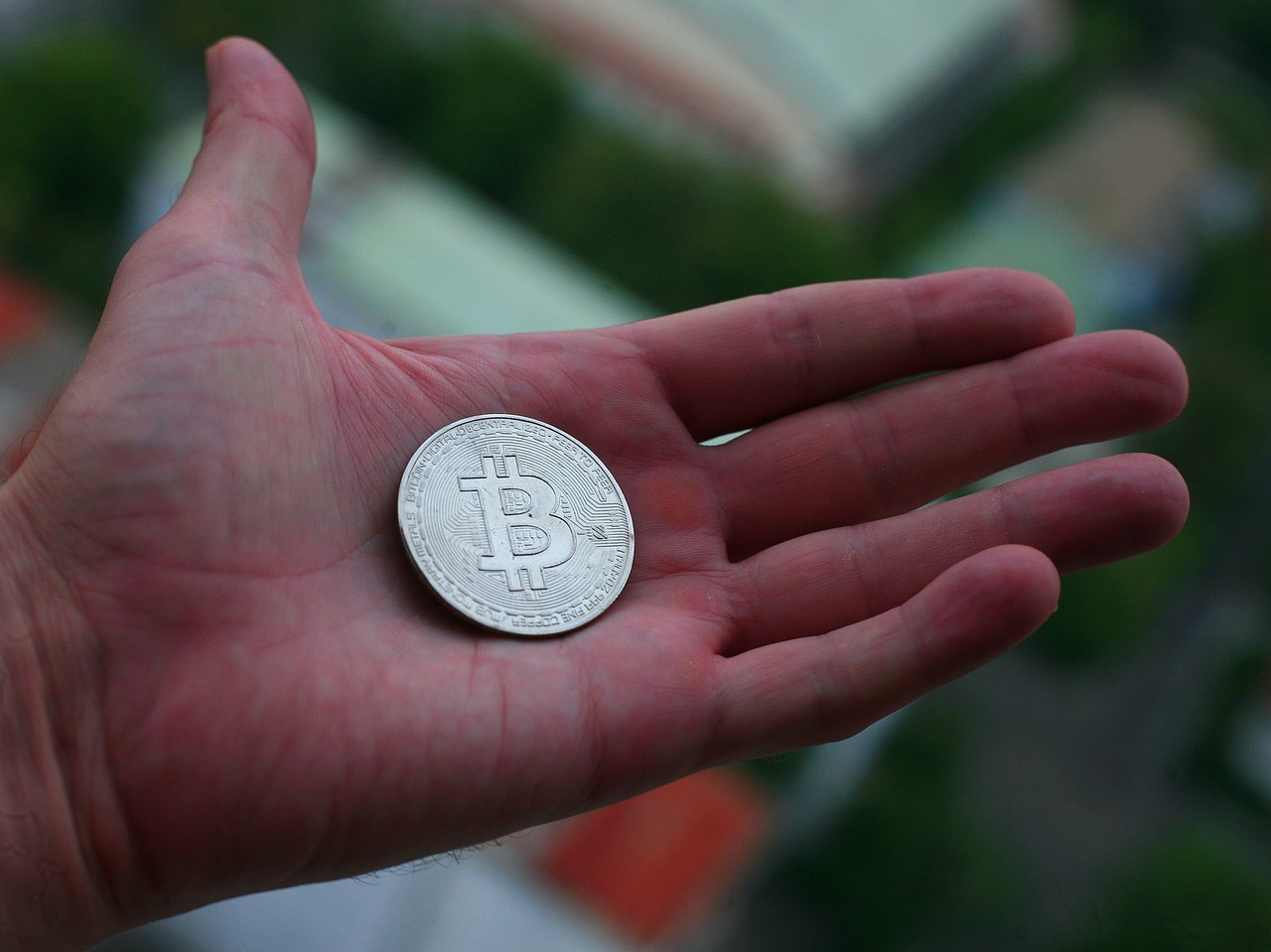
Regulatory Hurdles
When it comes to the implementation of blockchain technology in the real estate sector, one of the most significant challenges is navigating the complex landscape of . Different countries and even states within countries have their own unique laws governing property transactions, which can create a patchwork of regulations that are difficult to navigate. This inconsistency can lead to confusion among real estate professionals and investors alike, making it challenging to establish a standardized framework for blockchain applications in the industry.
For instance, while some jurisdictions may embrace blockchain as a means to enhance transparency and efficiency in property transactions, others may be more hesitant, fearing the implications of a decentralized system on existing legal frameworks. The lack of a clear regulatory guideline can stifle innovation and deter investment in blockchain solutions. Furthermore, without a comprehensive understanding of how blockchain fits within current legal structures, stakeholders may be reluctant to adopt this technology.
In addition to varying regulations, there are also concerns regarding data privacy and security. Blockchain's inherent transparency can be a double-edged sword; while it offers a clear record of transactions, it also raises questions about who has access to sensitive information and how that data is protected. Regulatory bodies must strike a balance between facilitating innovation and ensuring consumer protection, which can be a daunting task.
To illustrate the regulatory landscape, consider the following table that outlines some of the key regulatory challenges faced by the real estate industry as it seeks to integrate blockchain technology:
| Regulatory Challenge | Description |
|---|---|
| Inconsistent Laws | Different jurisdictions have varying laws regarding property ownership and transactions, creating confusion. |
| Data Privacy Concerns | Transparency in blockchain can conflict with regulations protecting personal data. |
| Consumer Protection | Ensuring that blockchain solutions adhere to consumer protection laws is crucial. |
| Tax Implications | Uncertainty regarding how blockchain transactions are taxed can complicate adoption. |
Ultimately, overcoming these regulatory hurdles requires a collaborative effort among industry stakeholders, including government entities, real estate professionals, and technology developers. By working together to establish clear guidelines and best practices, the real estate industry can create a conducive environment for blockchain technology to flourish. This will not only help to mitigate the risks associated with regulatory uncertainty but also pave the way for a more efficient and transparent market.
- What is blockchain technology? Blockchain is a decentralized digital ledger that records transactions across many computers in a way that the registered transactions cannot be altered retroactively.
- How does blockchain enhance transparency in real estate? Blockchain provides a transparent ledger of all transactions, ensuring that all parties have access to the same information, which minimizes disputes.
- What are the main regulatory challenges for blockchain in real estate? The main challenges include inconsistent laws across jurisdictions, data privacy concerns, and the need for consumer protection.
- Can blockchain reduce fraud in real estate transactions? Yes, blockchain minimizes fraud by providing secure, verifiable records that can be easily audited.
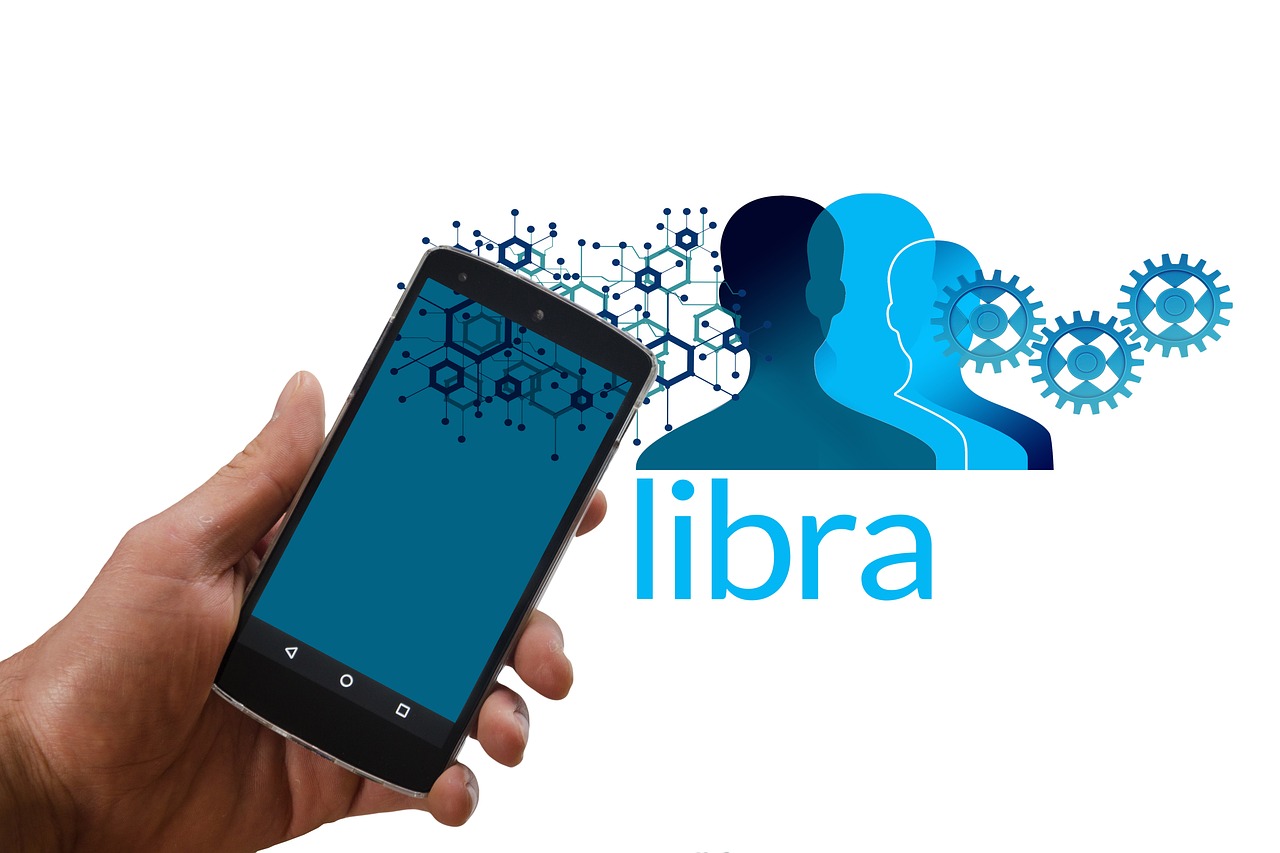
Technological Barriers
When it comes to integrating blockchain technology into the real estate market, several stand in the way. These challenges can feel like a massive wall, hindering the seamless adoption of this innovative solution. First and foremost, one of the most significant hurdles is scalability. As the number of transactions increases, the blockchain must be able to handle this influx without compromising speed or efficiency. Imagine a busy highway during rush hour; if too many cars enter at once, traffic jams ensue. Similarly, if blockchain networks become congested, the transaction speed can slow down, making it less appealing for real estate professionals who rely on quick turnarounds.
Another crucial aspect is the need for robust cybersecurity measures. With sensitive data being handled, including personal information and financial records, the real estate industry must ensure that these systems are fortified against potential cyber threats. The stakes are high; a single breach could lead to significant financial losses and a loss of trust from clients. Real estate companies need to invest in advanced security protocols, which can be both time-consuming and costly.
Moreover, the integration of blockchain technology often requires a complete overhaul of existing systems. This transition can be daunting for many organizations. Think of it as switching from a traditional flip phone to the latest smartphone; while the new device offers myriad benefits, the learning curve can be steep. Real estate professionals must be willing to adapt and invest time into understanding how to use blockchain effectively.
To further illustrate these challenges, consider the following table that outlines the key technological barriers:
| Technological Barrier | Description |
|---|---|
| Scalability | The ability of blockchain to handle a growing number of transactions without slowing down. |
| Cybersecurity | Ensuring that sensitive information is protected from potential cyber threats. |
| System Integration | The challenge of transitioning from traditional systems to blockchain-based solutions. |
In conclusion, while the potential of blockchain in real estate is immense, these technological barriers pose significant challenges that must be addressed before widespread adoption can occur. Overcoming these obstacles will require collaboration between technology providers, real estate professionals, and regulatory bodies to create a secure and efficient environment for all stakeholders involved.
- What is blockchain technology? Blockchain is a decentralized digital ledger that records transactions across many computers in a way that the registered data cannot be altered retroactively.
- How does blockchain enhance transparency in real estate? By providing a public ledger of transactions, all parties can access the same information, reducing disputes and building trust.
- What are the main challenges of adopting blockchain in real estate? Key challenges include scalability, cybersecurity concerns, and the complexity of integrating new systems with existing processes.
- Can blockchain completely eliminate fraud in real estate? While blockchain significantly reduces the risk of fraud, it cannot guarantee complete elimination, as human error and other factors can still contribute to fraudulent activities.
Frequently Asked Questions
- What is blockchain technology?
Blockchain technology is a decentralized digital ledger that records transactions across many computers. This means that the data is not stored in one central location, making it more secure and transparent. Each transaction is grouped into a 'block,' and once a block is filled, it is added to a chain of previous blocks, creating an unchangeable record.
- How does blockchain enhance transparency in real estate?
Blockchain enhances transparency by providing a public ledger that all parties can access. This means that buyers, sellers, and agents can see the same information about property transactions, which helps to reduce disputes and build trust among stakeholders. Everyone is on the same page, which is crucial in a field where misunderstandings can lead to significant problems.
- Can blockchain reduce fraud in real estate transactions?
Absolutely! Blockchain minimizes the risk of fraud by creating secure and verifiable records of all transactions. Since the data is immutable, once it’s recorded, it cannot be altered or deleted. This makes it much harder for fraudsters to manipulate property ownership information, ensuring that buyers are protected.
- What are the main challenges of implementing blockchain in real estate?
Some of the main challenges include regulatory hurdles, as laws vary by jurisdiction, and technological barriers, such as the need for robust cybersecurity measures and scalability of blockchain solutions. Additionally, industry-wide collaboration is necessary to standardize practices and ensure smooth integration.
- How does blockchain provide real-time access to property data?
Blockchain allows for real-time access by storing property data in a decentralized manner. This means that anyone involved in a transaction can access the most up-to-date information instantly, facilitating quicker decision-making. Imagine being able to check the status of a property transaction at the click of a button—this is the power of blockchain!
- What are immutable records, and why are they important?
Immutable records refer to the characteristic of blockchain that prevents any changes to the data once it's been added. This is crucial in real estate, where accurate ownership information is vital. It ensures that once a transaction is recorded, it remains unchanged, which enhances the integrity of property ownership and protects all parties involved.








